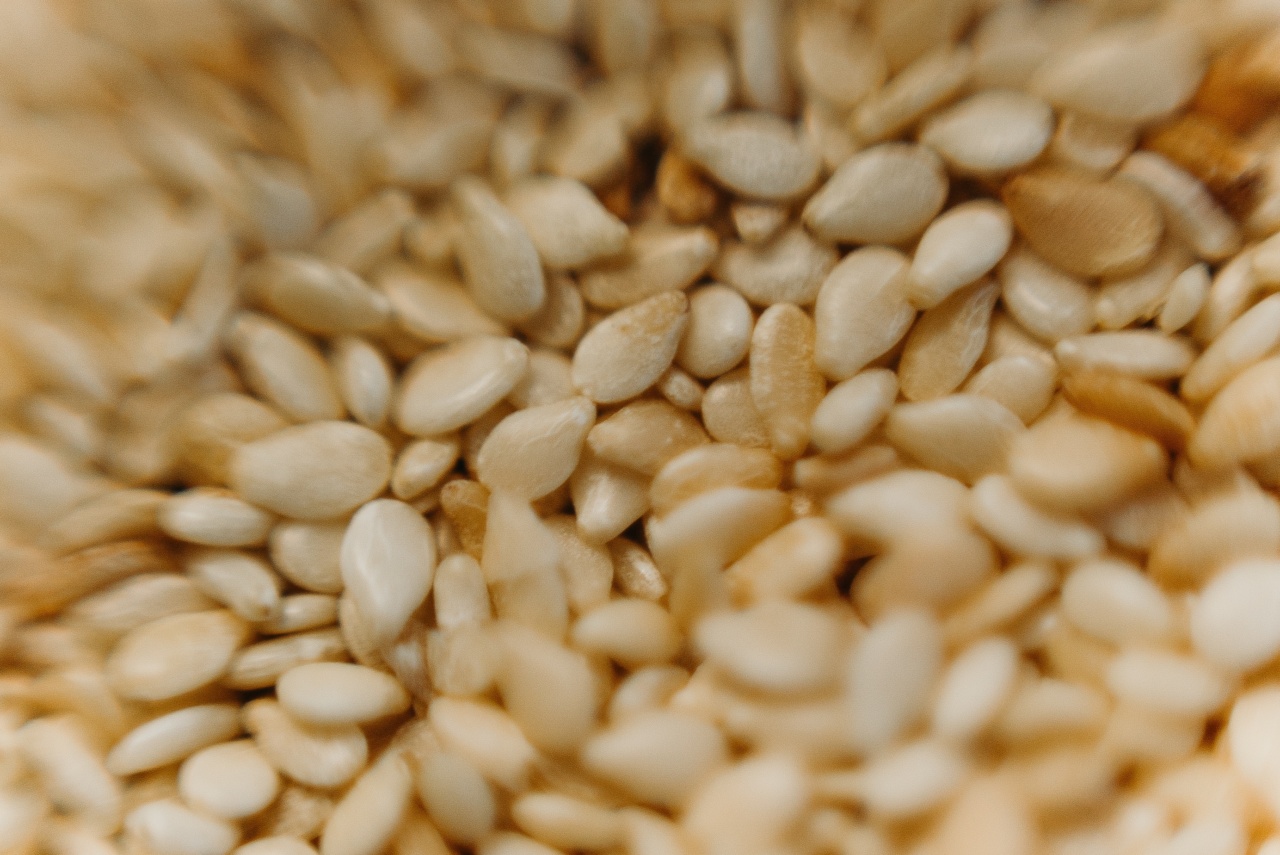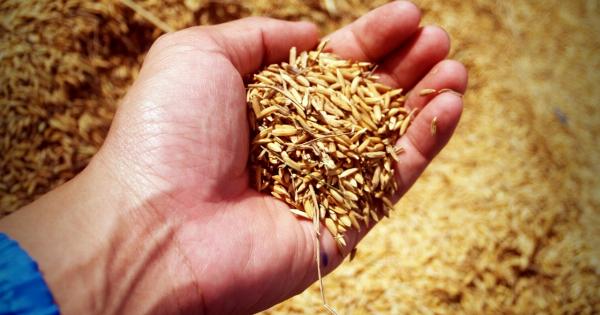Whole grains are an essential part of a healthy and balanced diet. Whole grains provide important nutrients such as fiber, vitamins, and minerals that are essential for maintaining good health.
They are also beneficial in reducing the risk of chronic diseases such as heart disease, diabetes, and some cancers. In this article, we will explore the health benefits of whole grains and how to incorporate them into your diet.
What are whole grains?
Whole grains are defined as grains that contain all three parts of the grain kernel: the bran, germ, and endosperm. The bran is the outer layer of the grain that contains fiber, vitamins, and minerals.
The germ is the inner part of the grain that contains healthy fats, vitamins, and minerals. The endosperm is the middle part of the grain that contains carbohydrates, protein, and some vitamins and minerals. Examples of whole grains include brown rice, oats, quinoa, barley, and whole wheat.
Health benefits of whole grains
Whole grains have numerous health benefits that can boost your overall health. Here are some of the key benefits of including whole grains in your diet:.
Reduces the risk of heart disease
Consuming whole grains has been shown to lower the risk of heart disease. Whole grains are high in fiber which helps to lower cholesterol levels and reduce the risk of developing heart disease.
A study published in the American Journal of Clinical Nutrition found that people who consumed more whole grains had a lower risk of cardiovascular disease compared to those who consumed less.
Regulates blood sugar levels
Whole grains contain complex carbohydrates that are slowly digested by the body, resulting in a gradual release of glucose into the bloodstream. This helps to regulate blood sugar levels and reduce the risk of developing type 2 diabetes.
A study published in the Journal of Nutrition found that consuming whole grains can reduce the risk of type 2 diabetes by up to 30 percent.
Provides essential nutrients
Whole grains are a good source of essential nutrients such as fiber, B-vitamins, and minerals such as iron, magnesium, and selenium. These nutrients are important for maintaining good health and preventing chronic diseases.
Many people do not consume enough of these nutrients, so including whole grains in your diet can help to meet your daily nutrient needs.
Maintains a healthy weight
Whole grains are a good source of fiber which helps to keep you feeling full and satisfied after meals. This can help to prevent overeating and maintain a healthy weight.
A study published in the Journal of Nutrition found that people who consumed more whole grains had a lower body weight and a lower risk of obesity compared to those who consumed less.
Reduces the risk of cancer
Whole grains are rich in antioxidants and other phytochemicals that are beneficial for health. These compounds have been shown to reduce the risk of certain cancers such as colorectal cancer.
A study published in the Journal of the National Cancer Institute found that consuming whole grains can reduce the risk of colorectal cancer by up to 20 percent.
How to incorporate whole grains into your diet
Incorporating whole grains into your diet is easy and delicious. Here are some simple ways to include more whole grains in your meals:.
Choose whole grain breads and cereals
When buying bread and cereals, look for those that are made with whole grains. Read the ingredients list on the packaging and look for words like “whole wheat”, “oats”, “quinoa”, or “brown rice”.
Avoid products that are made with refined grains such as white flour or white rice.
Swap refined grains for whole grains
Instead of eating white rice or pasta, make the switch to brown rice or whole grain pasta. These options are higher in fiber and nutrients and can be used in the same way as their refined counterparts.
Add whole grains to your meals
You can add whole grains to your meals in a variety of ways. Add quinoa or brown rice to your salads, soups, or stews. Use whole grain flour instead of white flour when baking. Try making your own whole grain pizza crust or bread.
Experiment with different grains
There are many different types of whole grains to choose from, so don’t be afraid to try something new. Quinoa, barley, and oats are all delicious and easy to prepare. Mix different grains together for added flavor and texture.
Conclusion
Whole grains are an important part of a healthy and balanced diet. They provide essential nutrients, reduce the risk of chronic diseases, and help to maintain a healthy weight.
By incorporating whole grains into your meals, you can enjoy delicious and nutritious meals that will boost your overall health.





























